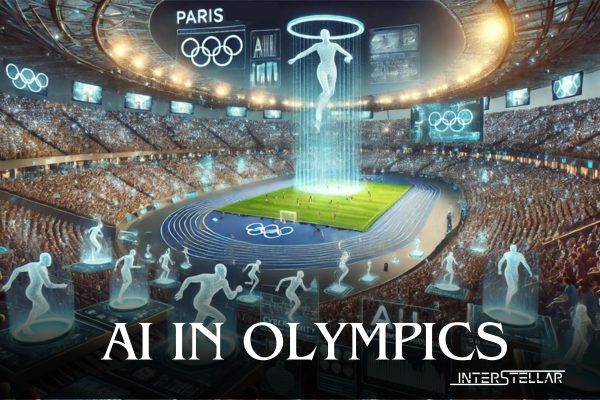Generative AI to Feature in U.S. Paris Olympics Broadcasts, Not in Europe
AI Takes Centre Stage in U.S. Olympic Coverage
The Paris Olympics will highlight the use of generative AI for American audiences, while European viewers will not experience the same technological approach. This difference reflects global media companies’ varying stances on the use of AI.
Comcast’s NBCUniversal is set to integrate AI into its U.S. broadcasts, including re-creating the voice of a legendary sportscaster. Meanwhile, Warner Bros. Discovery’s sports division in Europe finds the technology too immature for tasks like sports commentating.
European Hesitation on AI Integration
Warner Bros. Discovery, which will stream the Games on its Max and discovery+ platforms across Europe, has tested tech for translating speech into other languages. However, these demos have lacked the emotional impact necessary for capturing intense sports moments, according to Scott Young, senior vice president at Warner Bros. Discovery Sports Europe.
“In every part of their demos, it feels like yes, you’ve translated the words correctly, but you haven’t translated or narrated the feeling,” said Young.
For example, during Italian sprinter Marcell Jacobs’ gold medal win in the men’s 100 metres in Tokyo, Italian commentators’ emotional reactions showcased genuine excitement. Young noted that “it is very hard to automatically generate that” level of authenticity.
U.S. Embraces AI for Enhanced Viewing Experience
Conversely, U.S. audiences will experience AI innovations during the Games on NBC and streaming service Peacock, thanks to a new partnership between NBCUniversal, Google, and Team USA. AI-enhanced Google Map images of Olympic venues will help viewers immerse themselves in Paris, and NBC hosts will demonstrate how Google AI search can provide competition insights.
NBCUniversal will also use generative AI to create personalised daily briefings of Olympic events, narrated by an AI recreation of sports commentator Al Michaels’ voice. Nearly seven million variations of these daily recaps could be produced during the Paris Olympics, according to NBCUniversal.
The company, which holds the largest Olympics broadcast rights deal globally, paid $7.65 billion to air the Games through 2032.
Future of AI in Olympic Broadcasting
The Olympic Broadcasting Services, which provides neutral coverage for media companies worldwide, is also leveraging AI to quickly edit large amounts of footage into brief highlights. However, it remains cautious about the risks of deepfakes and altering reality.
Given the rapid advancement of AI capabilities, it may not be long before European sports fans see more AI integration. “We’re probably just one Summer Games away from where the real impact will be for us,” said Young, referring to the 2028 Los Angeles Olympics.





